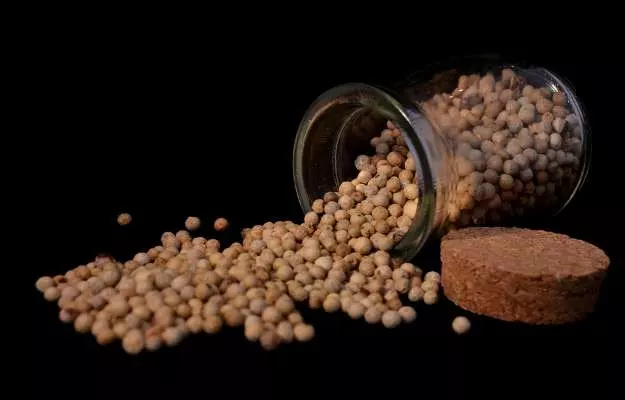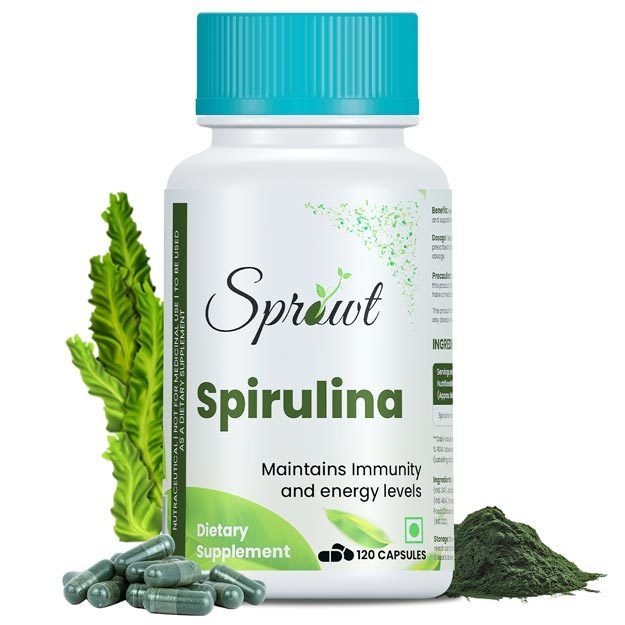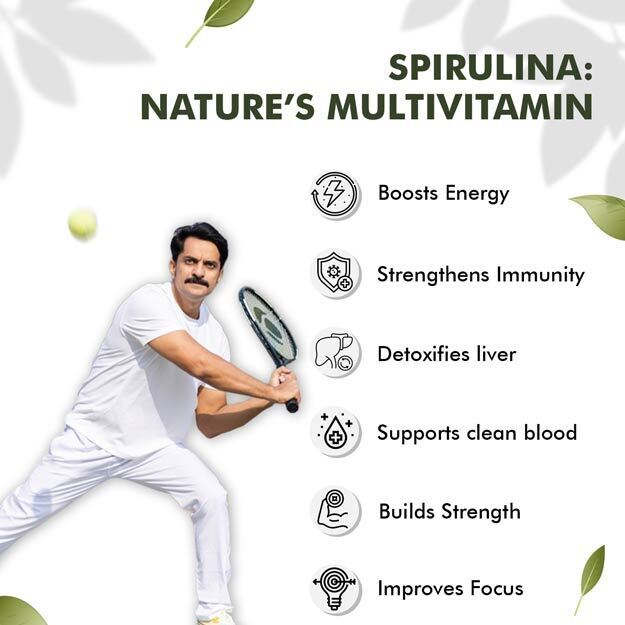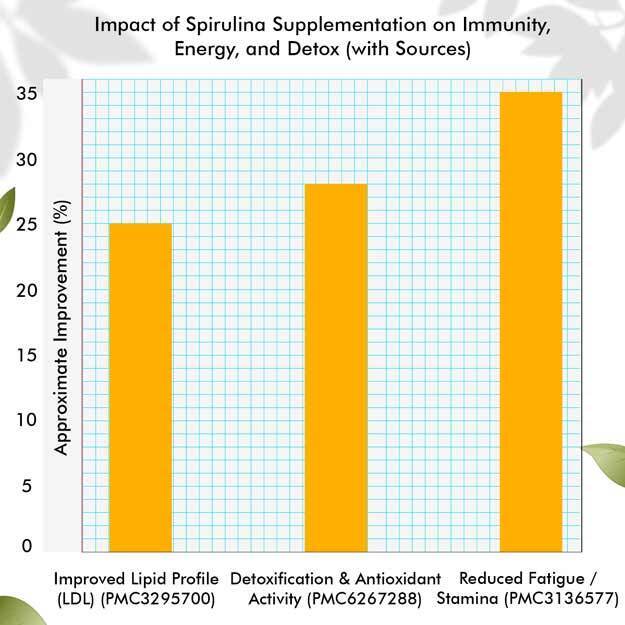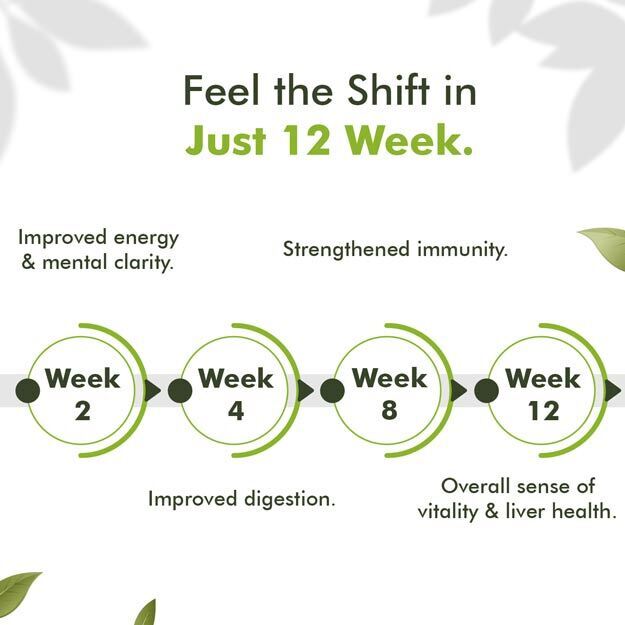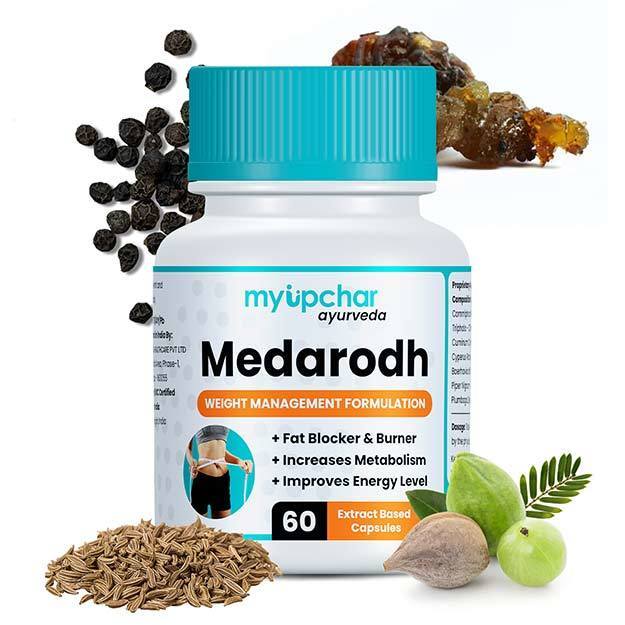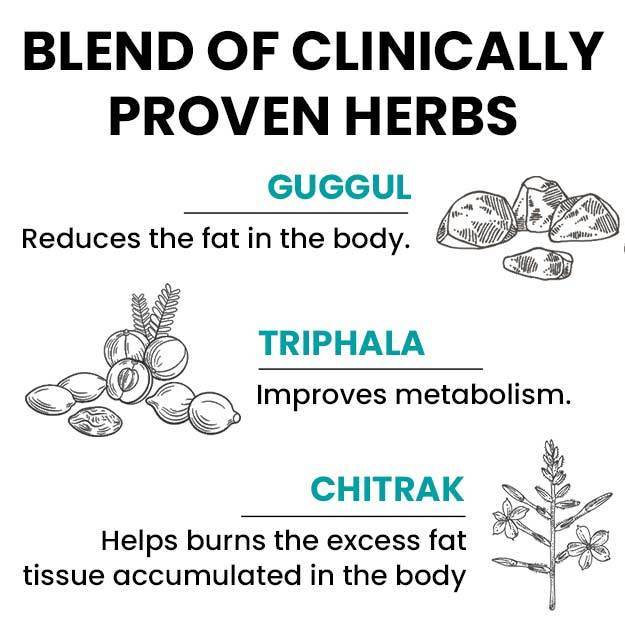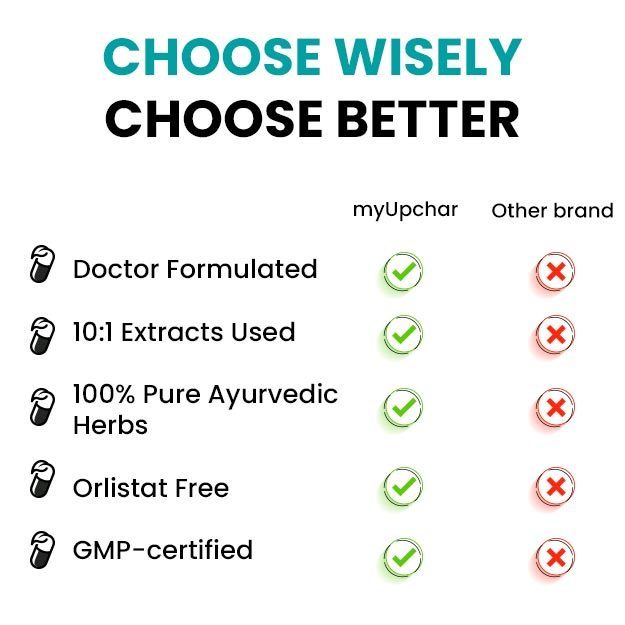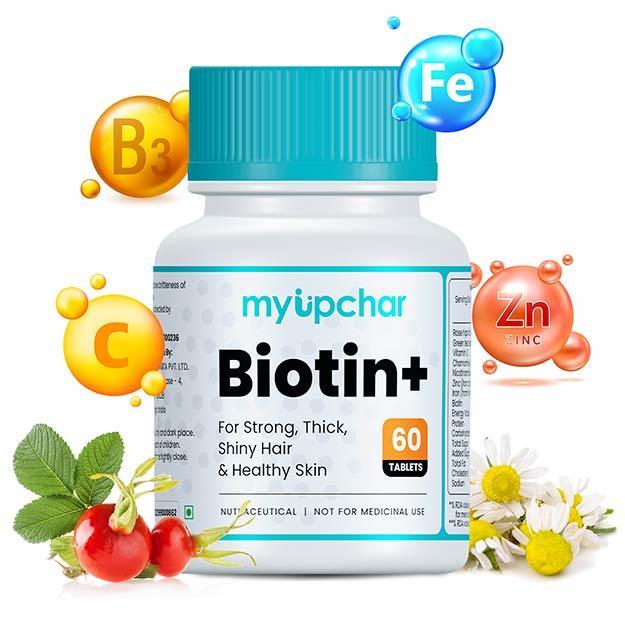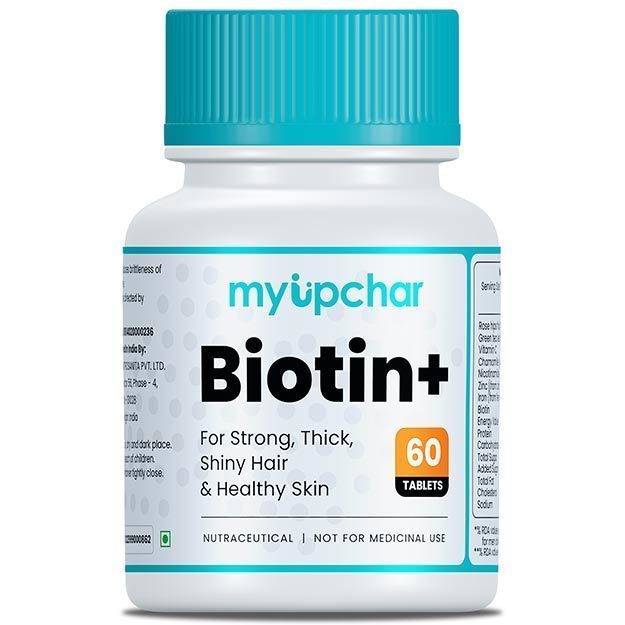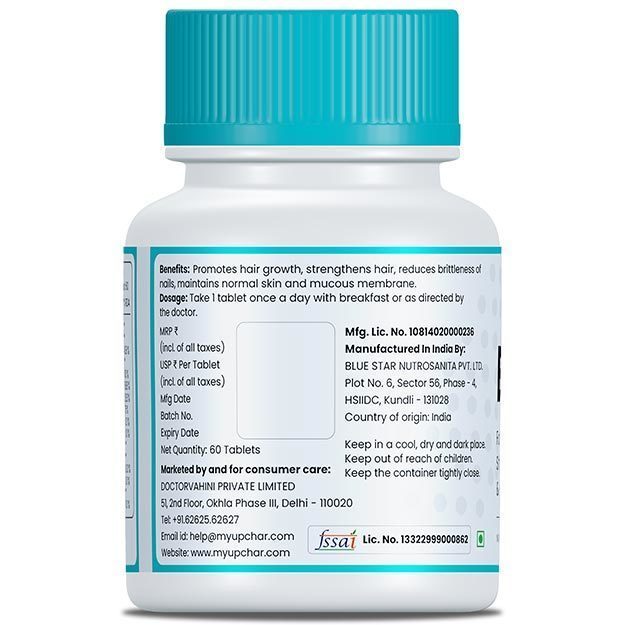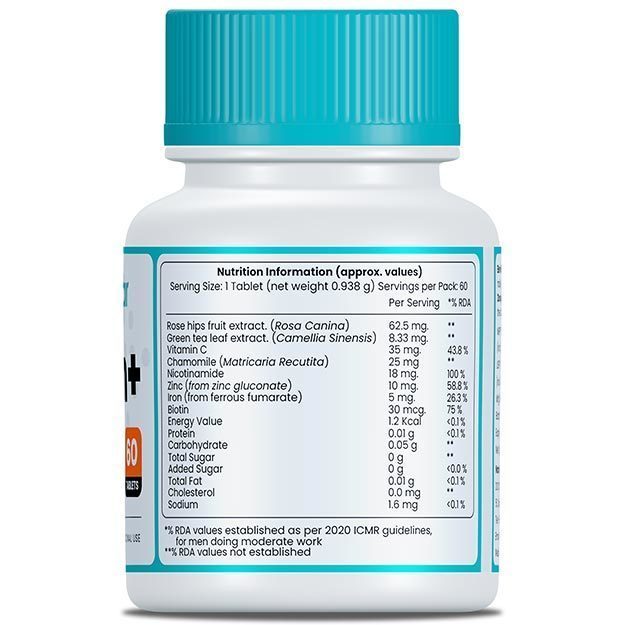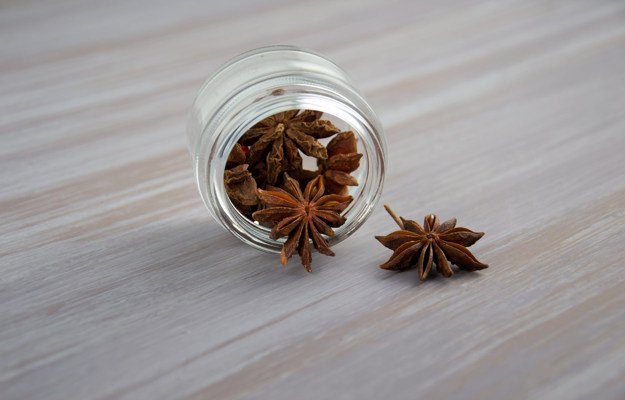White pepper, also known as safed mirch, is one of those spices that doesn’t always get the attention it deserves, but quietly holds a powerful place in both culinary and traditional medicinal worlds. Most of us are familiar with black pepper, the sharp and pungent spice that sits on almost every dining table. But white pepper, though milder in appearance, is in many ways even more potent—both in flavor and in health benefits. It may not have the strong aroma that black pepper has, but it certainly delivers a unique bite and offers a wide range of benefits for the body, including digestive support, anti-inflammatory action, immune system boost, and even improved brain function.
While spices like turmeric and cinnamon often steal the spotlight for their medicinal value, white pepper is quietly effective in several ways. It’s used in cooking not just for its taste, but also for its impact on digestion, respiratory health, and skin health. The spice is especially useful in recipes where the dark specks of black pepper are not visually appealing—think white sauces, light-colored soups, and creamy salad dressings. But what many people don’t know is that this humble kitchen ingredient is packed with essential nutrients and active compounds that support overall health and wellness. So let’s take a deeper look at white pepper, how it differs from black pepper, its nutritional composition, and most importantly, its health benefits and side effects.
- What is White Pepper?
- Nutritional Profile of White Pepper
-
Health Benefits of White Pepper
- White Pepper May Aid in Managing Diarrhea
- White Pepper Aids Digestion and Relieves Bloating
- White Pepper Cures Fights Cold, Cough, and Congestion
- White Pepper Bears Powerful Anti-inflammatory Properties
- White Pepper Supports Heart Health
- White Pepper May Help in Cancer Prevention
- White Pepper Is A Brain and Mood Enhance
- White Pepper Promotes Skin Health and Fights Acne
- White Pepper Improves Nutrient Absorption
- Side Effects and Precautions
-
FAQs on White Pepper (Safed Mirch)
- What is white pepper used for?
- What are the health benefits of white pepper?
- Is white pepper good for digestion?
- Does white pepper help in weight loss?
- Can white pepper improve skin health?
- Are there any side effects of white pepper?
- Is white pepper safe during pregnancy?
- Can white pepper cause allergies?
- What is the difference between white pepper and black pepper?
- How much white pepper should I consume daily?
- Conclusion
What is White Pepper?
White pepper is produced from the same plant that gives us black pepper, which is called Piper nigrum. The major difference between white and black pepper lies in how they are processed after harvesting. To make black pepper, the whole pepper berries are dried with the outer layer intact. In contrast, to make white pepper, the outer black skin of the berry is removed after soaking it in water. What remains is the seed inside—white in color and sharper in taste. This subtle difference in processing gives white pepper a distinct flavor and texture.
While black pepper has a bold, earthy taste with heat that builds up gradually, white pepper tends to hit a bit faster on the palate and is slightly more pungent. It is also less complex in flavor but delivers a clean, sharp note, which works well in certain types of cuisine. White pepper is commonly used in Chinese, Thai, and French dishes and is especially appreciated in recipes where a dark-colored spice might affect the appearance of the dish. Despite their differences in appearance and taste, both types of pepper carry many of the same bioactive compounds, most notably piperine, which is responsible for their health-promoting properties.
(Read More: How to improve immunity)
Nutritional Profile of White Pepper
|
Nutrient |
Value per 100 g |
|
Energy |
296 Kcal |
|
69 g |
|
|
10 g |
|
|
Fats |
2.1 g |
|
26 g |
|
|
Sodium |
5 mg |
|
35 % |
|
|
26 % |
|
|
80 % |
White pepper may be used in small quantities, but it packs a surprising punch when it comes to nutrition. It is a rich source of dietary fiber, essential vitamins, and minerals, especially iron and calcium. When measured per 100 grams, white pepper contains about 296 calories, 69 grams of carbohydrates, 10 grams of protein, and a very low fat content of 2.1 grams. It is also high in fiber, providing around 26 grams, which is excellent for digestion and maintaining gut health.
What truly makes white pepper stand out is its micronutrient content. It contains about 80% of the daily recommended intake of iron, 26% of calcium, and 35% of vitamin C. These are significant numbers considering how little of the spice is usually consumed at once. Iron is crucial for the formation of red blood cells and transporting oxygen throughout the body. Calcium supports bone health and nerve function, while vitamin C is an important antioxidant that helps protect the body against infections and supports skin repair and collagen formation.
This combination of nutrients makes white pepper more than just a flavoring agent—it’s a functional food that contributes to overall health in multiple ways. The real star, however, is piperine, the compound that gives pepper its heat and is responsible for many of its therapeutic effects.
(Read More: How to improve brain power)
Health Benefits of White Pepper
Let's explore the health benefits of White Pepper.
White Pepper May Aid in Managing Diarrhea
Another lesser-known but important benefit of white pepper is its ability to relieve diarrhea. Studies suggest that piperine affects calcium channels in the gut and helps regulate bowel movements, making it helpful in preventing loose stools. In one clinical study, stir-fried white pepper was found effective in reducing diarrhea in children under 2.5 years of age.
This benefit makes white pepper a gentle natural option for people dealing with occasional digestive upsets. Of course, in severe or persistent cases, medical attention should always be sought.
(Read More: Olive: Benefits and Side Effects)
White Pepper Aids Digestion and Relieves Bloating
One of the oldest and most well-known uses of white pepper is as a digestive aid. In traditional medicine, it has long been used to stimulate the appetite and improve the process of digestion. White pepper works by increasing the secretion of hydrochloric acid in the stomach, which is essential for breaking down food effectively. It also enhances the production of digestive enzymes like trypsin, which helps digest proteins in the small intestine.
Additionally, the fiber in white pepper helps regulate bowel movements and prevent constipation. If you frequently experience bloating, flatulence, or indigestion, adding a pinch of white pepper to your meals may help provide relief. Because it warms the body and promotes the movement of food through the digestive tract, it also supports metabolic function and nutrient absorption.
(Read More: Inflammatory diseases types)
White Pepper Cures Fights Cold, Cough, and Congestion
White pepper’s warming property makes it an effective natural remedy for cold and cough. In traditional Chinese medicine, a common practice is to boil white pepper with scallions in a hot soup and drink it while covered with a blanket to help "sweat out" the cold. This helps in opening up the nasal passages and relieving chest congestion.
Modern understanding supports this too. The heat from white pepper helps thin mucus and clear it from the respiratory tract. It also provides some relief for sore throat and cough by soothing the tissues in the throat. While it may not be a cure for respiratory infections, it can certainly support recovery and make symptoms more manageable.
(Read More: How to improve digestion)
White Pepper Bears Powerful Anti-inflammatory Properties
Inflammation is the body’s natural defense mechanism, but chronic inflammation is linked to a wide range of health issues, including arthritis, heart disease, and obesity. White pepper’s piperine content has been shown to reduce inflammation by downregulating certain genes responsible for inflammatory responses. In conditions like rheumatoid arthritis, where inflammation causes joint pain and swelling, piperine has been found to offer relief similar to some prescription medications.
Some studies also indicate that white pepper may reduce inflammation caused by Helicobacter pylori, the bacteria responsible for many cases of stomach ulcers and chronic gastritis. This adds to its role in promoting gut health and potentially lowering the risk of gastric cancer. These findings make white pepper an excellent natural anti-inflammatory agent, particularly beneficial for those dealing with joint pain, swelling, or inflammatory gut issues.
(Read More: Karonda Benefits & Side Effects)
White Pepper Supports Heart Health
Cardiovascular health is another area where white pepper shows potential benefits. High blood pressure, high cholesterol, and oxidative stress are the three major risk factors for heart disease. White pepper may help in managing all three. Research suggests that piperine helps in reducing cholesterol buildup in arteries and improving blood circulation. It also acts as a natural calcium channel blocker, helping to lower blood pressure by relaxing the blood vessels.
Interestingly, piperine also prevents the excessive thickening of the heart muscles, a condition known as cardiac fibrosis, which is a serious risk factor for heart failure. The antioxidants in white pepper further protect the heart by reducing oxidative damage to blood vessels, thereby preventing plaque buildup that could lead to heart attacks or strokes.
(Read More: Effective Home Remedies for Sun Tan Removal)
White Pepper May Help in Cancer Prevention
While more research is needed in humans, lab-based studies on piperine suggest that it may have anti-cancer properties. It has been shown to interfere with gene expressions that control the multiplication of cancer cells and promote apoptosis, which is the natural process of cell death. This has been observed in breast cancer cells, prostate cancer, and colorectal cancer.
Piperine also reduces oxidative stress, one of the leading contributors to DNA damage and cancer development. Because of its effect on metabolism and inflammation, researchers believe that white pepper may have a role in both preventing and potentially slowing the progression of cancer. However, it’s important to note that these are early findings and white pepper should not be considered a treatment or cure.
(Read More: Ancient Beauty Secrets: Home Remedies for Glowing Skin)
White Pepper Is A Brain and Mood Enhance
One of the lesser-known benefits of white pepper is its positive effect on brain function. Studies show that piperine increases the levels of dopamine and serotonin in the brain—two hormones responsible for mood, motivation, and emotional balance. This means white pepper could be beneficial in managing depression and stress when included as part of a balanced diet.
It may also play a role in improving memory and cognitive functions. Some research even suggests that piperine may help prevent Alzheimer’s disease by inhibiting enzymes that contribute to the breakdown of neurotransmitters. When combined with curcumin (from turmeric), piperine enhances its absorption and brain-protective effects, creating a powerful natural combo for mental wellness.
(Read More: DIY Facial at Home: Your Complete Guide to Glowing Skin)
White Pepper Promotes Skin Health and Fights Acne
White pepper can also be a friend to your skin. As an antioxidant and anti-inflammatory agent, it may help reduce the signs of aging such as fine lines and wrinkles. It also supports the body’s ability to fight acne by reducing inflammation and fighting free radicals that cause damage to skin cells.
Some cosmetic products include white pepper extracts in scrubs and exfoliators to help remove dead skin cells and brighten the skin. However, it’s not advisable to apply raw white pepper directly to your face as it may cause irritation or burning, especially for sensitive skin types. Use it through diet or in products specifically designed for skin application.
(Read More: Best fruits for glowing skin)
White Pepper Improves Nutrient Absorption
One of the most scientifically supported roles of piperine is its ability to enhance the absorption of other beneficial compounds in the body. This includes curcumin from turmeric and resveratrol from grapes and berries. Both these compounds are powerful antioxidants, but they are poorly absorbed on their own. When taken with white pepper, their absorption improves significantly.
This interaction makes white pepper an excellent partner to other superfoods. In fact, this is one reason why traditional Indian recipes often include both turmeric and pepper in cooking—they work better together.
(Read More: Sweet Lime (mosambi) benefits and side effects)
Side Effects and Precautions
Despite its many benefits, white pepper is not suitable for everyone. Like all herbs and spices, it should be used in moderation. Large doses can lead to side effects, especially if used as a supplement rather than a food ingredient.
Some common side effects include skin irritation, particularly if applied topically. It may also cause eye irritation and respiratory issues in children if inhaled. Pregnant or breastfeeding women should use it only in food amounts, as there's not enough evidence on its safety in large quantities.
People with bleeding disorders or those on blood-thinning medications should avoid large amounts of white pepper as it may slow blood clotting. Similarly, if you suffer from low blood pressure or diabetes, speak to a healthcare professional before using white pepper supplements, as it can affect blood sugar and pressure levels depending on dosage.
(Read More: Citrus Fruits: Zesty Benefits, Potential Risks & Smart Tips)
FAQs on White Pepper (Safed Mirch)
Got Questions?
What is white pepper used for?
White pepper is commonly used in cooking to add flavor to light-colored dishes like soups, sauces, and mashed potatoes. It is also used in traditional medicine for digestion, cough relief, and skin care.
What are the health benefits of white pepper?
White pepper supports digestion, improves nutrient absorption, reduces inflammation, boosts brain function, promotes heart health, and may help prevent certain types of cancer.
(Read More: Beat the Heat: The Best and Worst Foods for Summer)
Is white pepper good for digestion?
Yes, white pepper stimulates digestive enzymes and increases stomach acid production, which can help relieve bloating, gas, and indigestion.
Does white pepper help in weight loss?
While not a weight loss remedy by itself, white pepper may aid metabolism and digestion, which can support a healthy weight when combined with proper diet and exercise.
(Read More: Shrimp Benefits and Side Effects: What You Need to Know)
Can white pepper improve skin health?
Yes, white pepper contains antioxidants and anti-inflammatory compounds that may reduce acne, prevent signs of aging, and promote clearer skin when consumed regularly.
Are there any side effects of white pepper?
Yes, excessive consumption of white pepper may cause skin irritation, eye redness, and respiratory issues. It may also interfere with blood clotting and affect blood pressure or blood sugar levels in sensitive individuals.
(Read More: Soda Water: Refreshing Friend or Fizzy Foe?)
Is white pepper safe during pregnancy?
White pepper in food amounts is generally safe, but high doses or supplements should be avoided during pregnancy and breastfeeding due to limited safety data.
Can white pepper cause allergies?
Although rare, some individuals may experience allergic reactions or irritation from white pepper, especially when applied directly to the skin or inhaled.
(Read More: Your Complete Guide to Gluten)
What is the difference between white pepper and black pepper?
Both come from the same plant (Piper nigrum), but white pepper is made by removing the outer skin of the peppercorn, resulting in a lighter color and sharper taste compared to black pepper.
How much white pepper should I consume daily?
There is no fixed dosage, but generally, 1/4 to 1/2 teaspoon of white pepper used in cooking per day is considered safe for most people.
(Read More: Raisins: Your Tiny Powerhouse Snack for Big Health Benefits!)
Conclusion
White pepper may be soft in appearance, but it carries a bold flavor and an even bolder list of benefits. From helping your stomach process food better to potentially supporting your brain, heart, and immune system, this spice is a quiet powerhouse. Used for centuries in various cultures, it is now also gaining recognition from modern science.
However, like any natural remedy or supplement, it should be used mindfully. Add it to your meals regularly for a health boost, but avoid using it in excessive amounts or applying it directly to your skin. When used properly, white pepper can truly be a spice that doesn’t just flavor your food—but also supports your health in meaningful ways.
References
- Department of Agricultural and Resource Economics. Pepper. College of Tropical Agriculture and Human Resources; University of Hawaii
- Platel K, Srinivasan K. Influence of dietary spices and their active principles on pancreatic digestive enzymes in albino rats. 2000 Feb;44(1):42-6. PMID: 10702999
- Bajad S, Bedi KL, Singla AK, Johri RK. Antidiarrhoeal activity of piperine in mice. 2001 Apr;67(3):284-7. PMID: 11345706
- Jin CQ, Jia YX, Dong HX, Zhou JW, Sun GF, Zhang YY, Zhao Q, Zheng BY. Stir-fried white pepper can treat diarrhea in infants and children efficiently: a randomized controlled trial.. . 2013;41(4):765-72. PMID: 23895150
- Philip Hunter. The inflammation theory of disease. 2012 Nov; 13(11): 968–970. PMID: 23044824
- Vaibhav K, Shrivastava P, Javed H, Khan A, Ahmed ME, Tabassum R, Khan MM, Khuwaja G, Islam F, Siddiqui MS, Safhi MM, Islam F. Piperine suppresses cerebral ischemia-reperfusion-induced inflammation through the repression of COX-2, NOS-2, and NF-κB in middle cerebral artery occlusion rat model.. 2012 Aug;367(1-2):73-84. PMID: 22669728
- Toyoda T, Shi L, Takasu S, Cho YM, Kiriyama Y, Nishikawa A, Ogawa K, Tatematsu M, Tsukamoto T. [ link]. 2016 Apr;21(2):131-42. PMID: 26140520
- Bang JS, Oh DH, Choi HM, Sur BJ, Lim SJ, Kim JY, Yang HI, Yoo MC, Hahm DH, Kim KS. Anti-inflammatory and antiarthritic effects of piperine in human interleukin 1β-stimulated fibroblast-like synoviocytes and in rat arthritis models. 2009;11(2):R49.PMID: 19327174
- Umar S, Golam Sarwar AH, Umar K, Ahmad N, Sajad M, Ahmad S, Katiyar CK, Khan HA. Piperine ameliorates oxidative stress, inflammation and histological outcome in collagen induced arthritis. 2013 Jul-Aug;284(1-2):51-9. PMID: 23921080
- Ma ZG, Yuan YP, Zhang X, Xu SC, Wang SS, Tang QZ. Piperine Attenuates Pathological Cardiac Fibrosis Via PPAR-γ/AKT Pathways. 18:179-187. PMID: 28330809.
- Joshua G. Travers , Fadia A. Kamal , Jeffrey Robbins , Katherine E. Yutzey , and Burns C. Blaxall. Cardiac Fibrosis. 18 Mar 2016; https://doi.org/10.1161/. Circulation Research. 2016;118:1021–1040
- Taqvi SI, Shah AJ, Gilani AH. Blood pressure lowering and vasomodulator effects of piperine. 2008 Nov;52(5):452-8.PMID: 19033825
- Lee SA, Hong SS, Han XH, Hwang JS, Oh GJ, Lee KS, Lee MK, Hwang BY, Ro JS.Piperine from the fruits of Piper longum with inhibitory effect on monoamine oxidase and antidepressant-like activity. 2005 Jul;53(7):832-5.PMID: 15997146
- Li S, Wang C, Li W, Koike K, Nikaido T, Wang MW. Antidepressant-like effects of piperine and its derivative, antiepilepsirine. PMID: 17701559
- Rinwa P, Kumar A. Piperine potentiates the protective effects of curcumin against chronic unpredictable stress-induced cognitive impairment and oxidative damage in mice. 2012 Dec 7;1488:38-50. PMID: 23099054
- Shoba G, Joy D, Joseph T, Majeed M, Rajendran R, Srinivas PS. Influence of piperine on the pharmacokinetics of curcumin in animals and human volunteers.. 1998 May;64(4):353-6. PMID: 9619120
- Zheng J, Zhou Y, Li Y, Xu DP, Li S, Li HB.Spices for Prevention and Treatment of Cancers. 2016 Aug 12;8(8):495. PMID: 27529277
- Zhai Hai-long, Chen Shimin, and Lu Yalan. Some Chinese folk prescriptions for wind-cold type common cold. 2015 Jul; 5(3): 135–137. PMID: 26151024
- Zoheir A Damanhouri and Aftab Ahmad. A Review on Therapeutic Potential of Piper nigrum L. (Black Pepper): The King of Spices. August 04, 2014. doi:10.4172/2167-0412.1000161
- Atal S, Agrawal RP, Vyas S, Phadnis P, Rai N. Evaluation of the effect of piperine per se on blood glucose level in alloxan-induced diabetic mice.. 2012 Sep-Oct;69(5):965-9. PMID: 23061294

